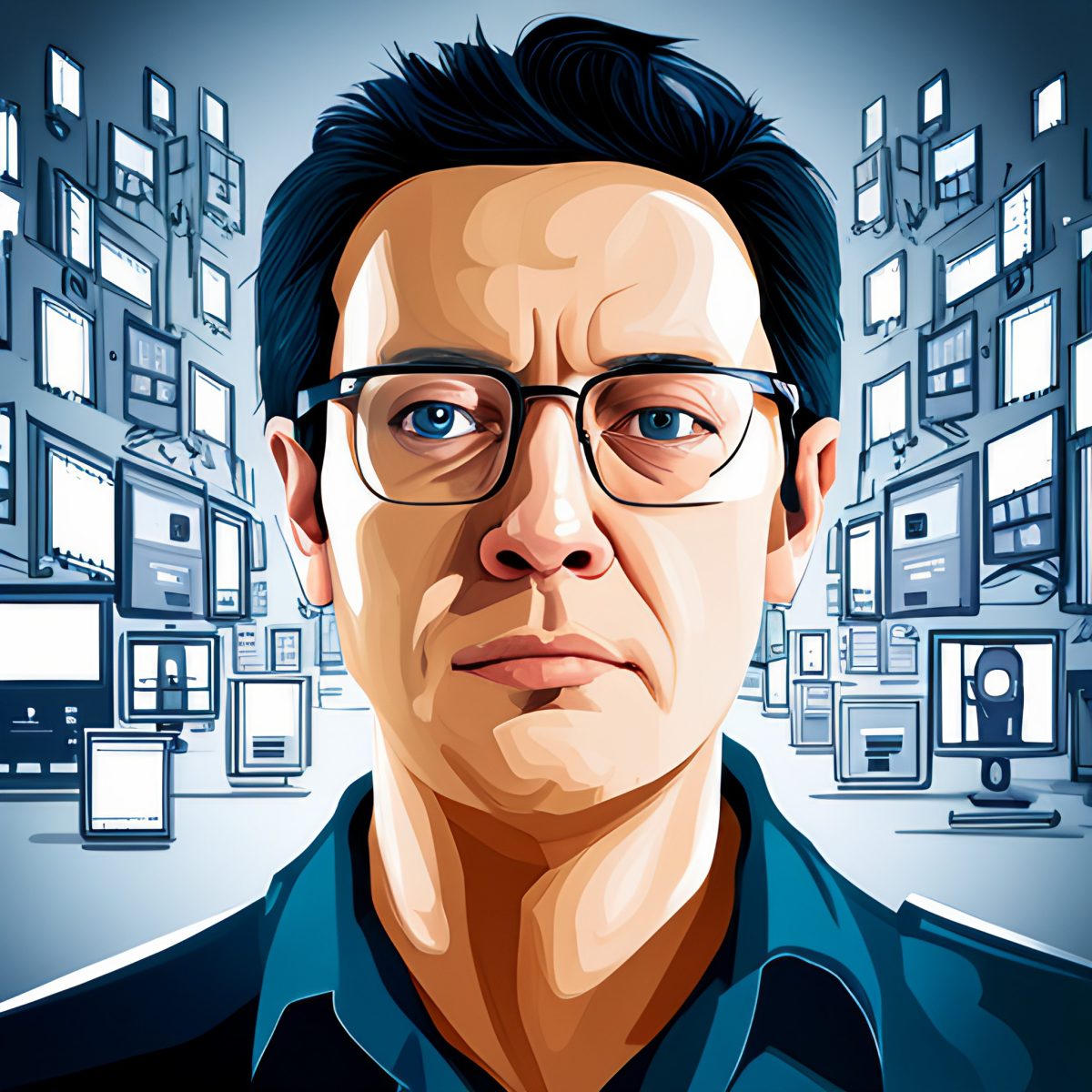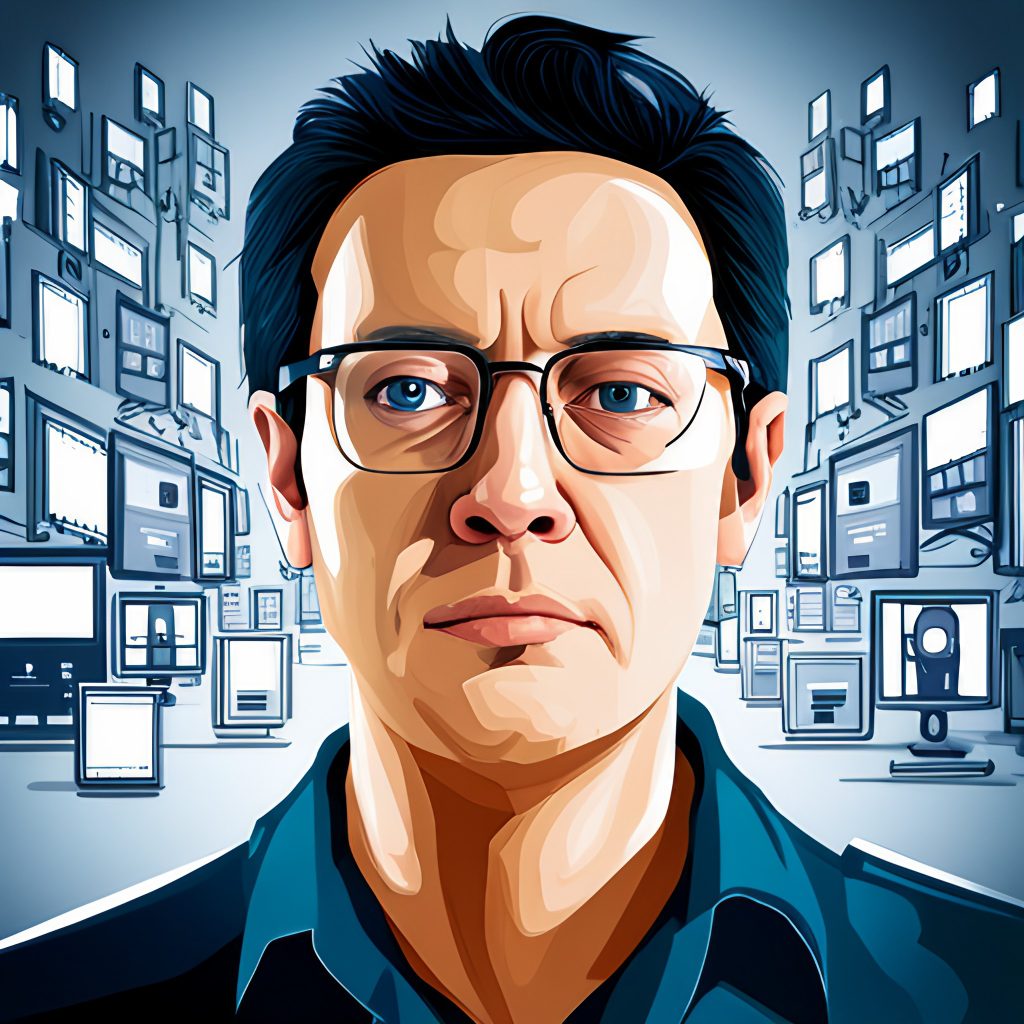
Surveillance Capitalism and Big Data
Surveillance capitalism is a new form of capitalism that is based on the collection and exploitation of personal data.
Big data is the key to surveillance capitalism, as it allows companies to collect and analyze vast amounts of data about individuals.
Companies use surveillance capitalism to:
- Target consumers with personalized advertising.
Companies use big data to track consumers’ online activity, purchase history, and social media activity. This information is used to create detailed profiles of consumers, which are then used to target them with personalized advertising. - Develop new products and services.
Companies use big data to identify consumer trends and to develop new products and services that meet the needs of consumers. - Improve their operations.
Companies use big data to improve their operations, such as by optimizing their supply chains and reducing costs.
Surveillance capitalism has a number of negative consequences.
For example:
- Violation of privacy
Companies and agencies collect vast amounts of data about us without our consent. This data can be used to track our movements, monitor our communications, and predict our behavior. - Creates market monopolies.
Companies that are able to collect and analyze more data about consumers will have a competitive advantage. This can lead to market monopolies, where a few companies control a large share of the market. - Reduces our freedom of choice.
Companies use big data to manipulate our choices. For example, they can use personalized advertising to influence us to buy products that we don’t need or want. By mergers and acquisitions, corporations reduce choices in the markets.
Governments and other organizations are also using big data to control people. For example, they can use big data to:
- Track and monitor people’s movements.
- “Predict and prevent crime.”
- Tailor “social programs” and services.
- Target “propaganda and disinformation.”
Forced surveillance is the use of technology to monitor people’s activities and communications without their consent.
In our opinion this is a violation of privacy and human rights but has become normalized recently.
Governments and other organizations use forced surveillance for a variety of purposes, including:
- To track and monitor dissidents and political opponents.
- To suppress dissent and deter protests.
- To track and monitor criminals and suspected criminals.
- To collect intelligence on foreign governments and individuals.
- To prevent “terrorism and other crimes.”
Forced surveillance is often justified on the grounds of national security or public safety… but it can also be used to suppress dissent and maintain authoritarian regimes.
Here are some examples of forced surveillance:
- In China, the government uses a vast network of surveillance cameras to monitor its citizens. The government also uses facial recognition technology to identify and track individuals.
A system called “social credit” is used to track and monitor people’s behavior.
The government collects data from a variety of sources, including social media, purchase history, and travel records.
– This data is used to create a score for each individual.
– People with high scores are rewarded with benefits such as access to better housing and jobs.
– People with low scores are punished with restrictions such as travel bans and difficulty accessing credit.
- In the United States, the government uses the National Security Agency (NSA) to collect data on millions of Americans’ phone calls and internet activity. The US government uses a program called PRISM to collect data from major tech companies such as Google, Facebook, and Apple. This data is used to track and monitor people’s communications, including email, phone calls, and social media posts. PRISM has been used to track down terrorists and other criminals, but it has also been used to monitor political opponents and journalists.
- In the United Kingdom, the government uses the Government Communications Headquarters (GCHQ) to collect data on millions of Britons’ phone calls and internet activity. The government uses a program called Tempora to collect data from internet traffic. This data is used to track and monitor people’s online activities, including their web browsing history and search queries.
Forced surveillance can take many forms, including:
- Mass surveillance, which is the collection of data on large groups of people without their consent.
- Targeted surveillance, which is the collection of data on specific individuals or groups of people without their consent.
- Covert surveillance, which is the collection of data without the knowledge of the people being monitored.
- Open surveillance, which is the collection of data with the knowledge of the people being monitored.
Surveillance capitalism and forced surveillance are two ways in which big data is being used to control people, sometimes even without their knowledge or consent.
Things we can do to help protect our privacy:
- Use encryption to protect your communications.
- Use a VPN to hide your IP address and encrypt your internet traffic.
- Be careful about what information you share online. 😀
- Be aware of the privacy settings on your social media accounts and other online services.
- Support organizations that are working to protect privacy and human rights.
Big data is a powerful tool that can be used for both good and evil. Governments and other organizations are using big data to control people in a number of ways, including through forced surveillance.
It is important to be aware of the ways in which big data is being used to control us, and to take steps to protect our privacy. We need to hold governments and other organizations accountable for the ways in which they use our data. We need to demand that they be transparent about their data collection practices, and that they give us control over our data.
We also need to develop regulations that protect our privacy and prevent governments and other organizations from abusing our data.
By taking these steps, we can protect our privacy and make it more difficult for governments and other organizations to control our behavior unwillingly. Coalitions of people working together can build a more just and equitable world where everyone’s privacy is respected.
#BigData #surveillance #PrivacyMatters #staxxclub
